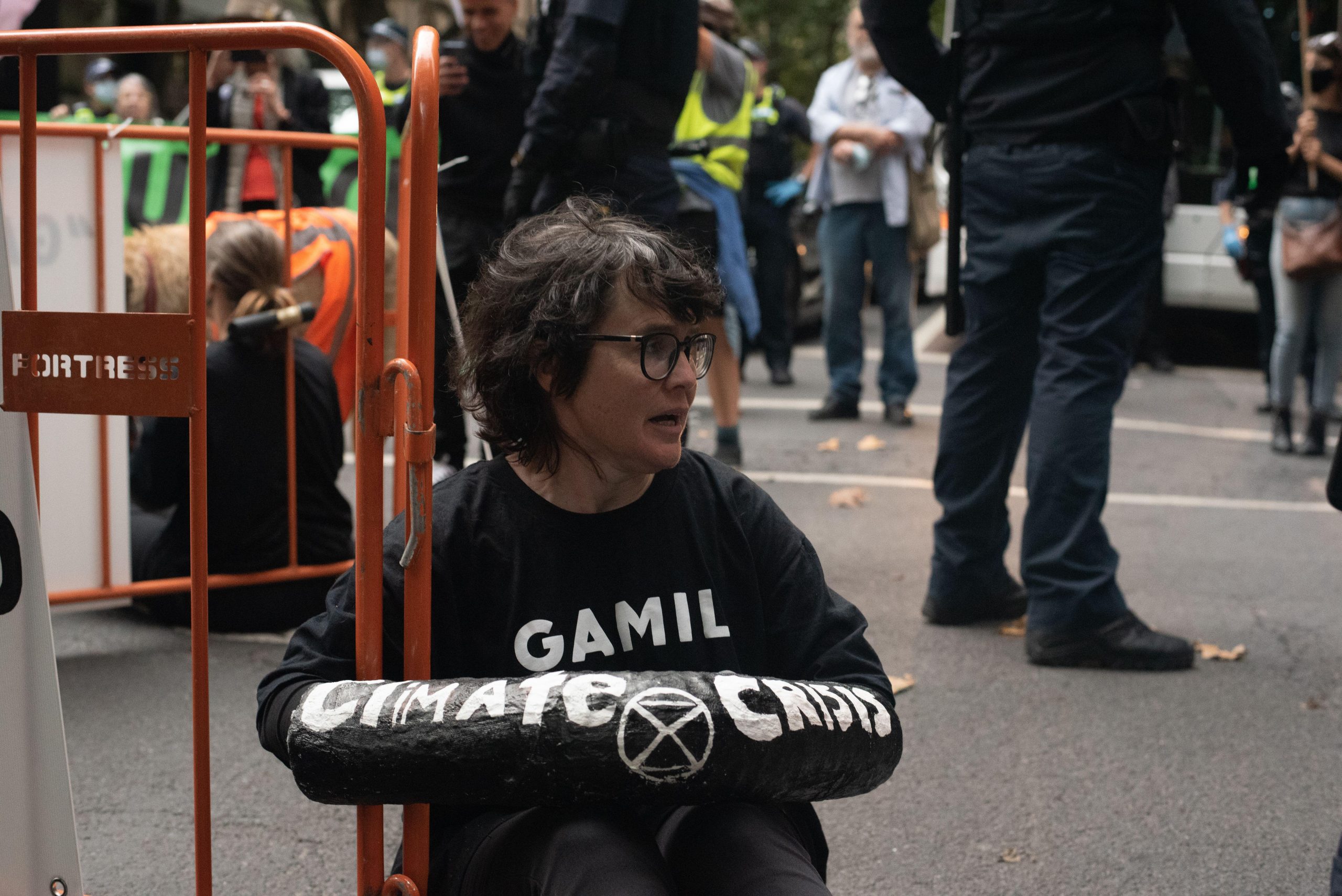 Even before the internet, dissidents in exile were able to create networks that provided a lifeline to those back home, writes Index editor Jo Glanville
Even before the internet, dissidents in exile were able to create networks that provided a lifeline to those back home, writes Index editor Jo Glanville
This piece originally appeared on Comment is Free
The desperate plight of Chen Guangcheng is a graphic illustration of how China treats its dissidents. Harassed and intimidated, Chen has spent the past seven years between prison and house arrest since he exposed the government’s forced abortion policy in 2005 (he was awarded the Index freedom of expression award for whistleblowing in 2007). House arrest is a common tactic in China for containing and controlling whistleblowers and activists. In Chen’s case, since his release from prison in 2010, it has meant a life of social isolation and fear. Other current well-known victims include Tibetan poet Tsering Woeser and Ai Weiwei, who famously attempted to turn China’s tactics on their head by installing his own in-house surveillance.
The week’s dramatic events echo the story of celebrated dissident Fang Lizhi, who died last month; Fang also took refuge in the US embassy following the Tiananmen Square massacre in 1989 and stayed for more than a year until China allowed him to leave. Fang was one of the most important influences on the Tiananmen generation of young activists and the authorities considered him “the biggest black hand behind the 4 June riots”. In exile in the US for the rest of his life, as well as pursuing his academic career as an astrophysicist, he remained active in speaking out for human rights in China along with other exiles of 1989, including Wang Dan.
The experience of exile for dissidents, despite the continuing possibility for influence, can bring another kind of isolation. “Homelessness, loneliness and despair have almost driven me to self-destruction,” wrote the poet Liu Hongbin on the 20th anniversary of Tiananmen Square. It is only through memory, he has written movingly, that he has made the journey home. Writer Ma Jian, who has written the definitive novel of the Tiananmen generation, Beijing Coma, while in exile, was still able to visit China regularly until last year – a measure of how far the situation has deteriorated. Chen’s desire for “a rest”, as he told Congress, is likely to be more than a short stay.
However, there are networks that can only be built from exile and that have always been a lifeline for dissidents back home, long before Twitter, SMS and Facebook revolutionised the possibilities of making revolution. Under editor George Theiner, a Czech dissident in exile in London, Index on Censorship magazine published the leading lights of Czechoslovakia’s pro-democracy movement in the 80s, most notably Václav Havel, as well as publishing and distributing Polish and Czech samizdat – a vital outlet for opposition activists. When Index’s founding editor Michael Scammell started publishing the most famous dissident of them all, Alexander Solzhenitsyn, the great man panicked: when he heard that his work was appearing so widely in English, he thought it was the KGB who was circulating his writing as part of a political provocation. But it was the first worldwide publication of much of his work in translation and an immensely important part of circulating the plight of dissidents in the Soviet Union.
Forty years on, Belarusian activists in exile have played a vital role in galvanising opposition to Alexander Lukashenko’s regime. Since the elections in 2010, following the mass arrests and imprisonment of the opposition, some of the leading lights of the pro-democracy movement have settled in London and Warsaw where they have helped to shape a successful European campaign alongside human rights groups. Natalia Kaladia, artistic director of the acclaimed Belarus Free Theatre, had to flee Belarus following her arrest and the intimidation of her family. In a campaign with Index, her new organisation Free Belarus Now, which she runs with Irina Bogdanova, sister of former political prisoner Andrei Sannikov, has helped to persuade Deutsche Bank and BNP Paribas to stop doing business with Lukashenko’s regime.
While none would choose exile, Chen is reported as telling the US ambassador that “he wanted to be part of the struggle to improve human rights within China”, thanks to the internet it is now perhaps more possible than it ever was in the days of the carbon copies of samizdat to continue to exert an influence back home.
Jo Glanville is editor of Index on Censorship magazine




